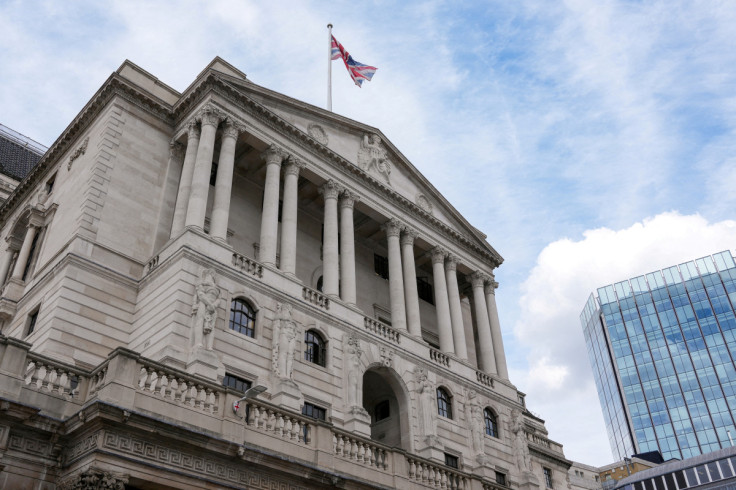More transparency in 'non banks' a first step after gilts turmoil, says Bank of England
Improving transparency of 'non-banks' such as pension funds is a first step in applying lessons from turmoil in Britain's government bond market, Bank of England executive director Sarah Breeden said on Monday.
Improving transparency of 'non-banks' such as pension funds is a first step in applying lessons from turmoil in Britain's government bond market, Bank of England executive director Sarah Breeden said on Monday.
The central bank had to intervene in UK bond markets in September after the 1.6 trillion pound Liability Driven Investment funds (LDI) sector - used by pension funds to help ensure future payouts - struggled to meet collateral calls after the previous government's tax cut plans triggered a market rout.
It shone a light on the sprawling and less regulated 'non-bank' financial sector which is made up of pension funds, insurers and different types of investment funds, and spans borders.
Breeden said the LDI issues were a reminder of the "systemic risks" posed by poorly-managed leverage in the non-bank financial system where there is "all too often" excessive risk taking alongside improper liquidity risk management.
"Transparency is an important first step. That enables the necessary next step of ensuring non-banks' positions and interlinkages with the rest of the financial system can be comprehensively stress-tested and understood in a system-wide manner," Breeden told an event held by derivatives industry body ISDA and hedge fund sector body AIMA.
There have been numerous other examples of "systemic vulnerability" in non-banks, such as with money market funds and open-ended funds when economies went into lockdown to fight COVID-19 in March 2020, and the failure of investment house Archegos in 2021, Breeden said.
In the case of Archegos, individual counterparties had no view of the firm's sizeable and concentrated swap positions, and therefore banks and clearing houses need access to more information of their non-bank clients to fully understand the risks, Breeden said.
"Let me be clear. The onus for building resilience in the non-bank system sits first and foremost with the firms themselves," Breeden added.
"Beyond improving transparency, regulators will need to consider how best to ensure leverage is well managed. These could, for example, include broad market-wide measures such as market regulations to ensure excessive leverage is better controlled by market pricing and margins," Breeden said.
Banks and non-banks also need to improve stress-testing for risks, she added.
A single country has limited influence over a global non-bank sector, but the G20's Financial Stability Board is due on Thursday to report on vulnerabilities in non-banks and put forward international policy proposals.

Copyright Thomson Reuters. All rights reserved.




















